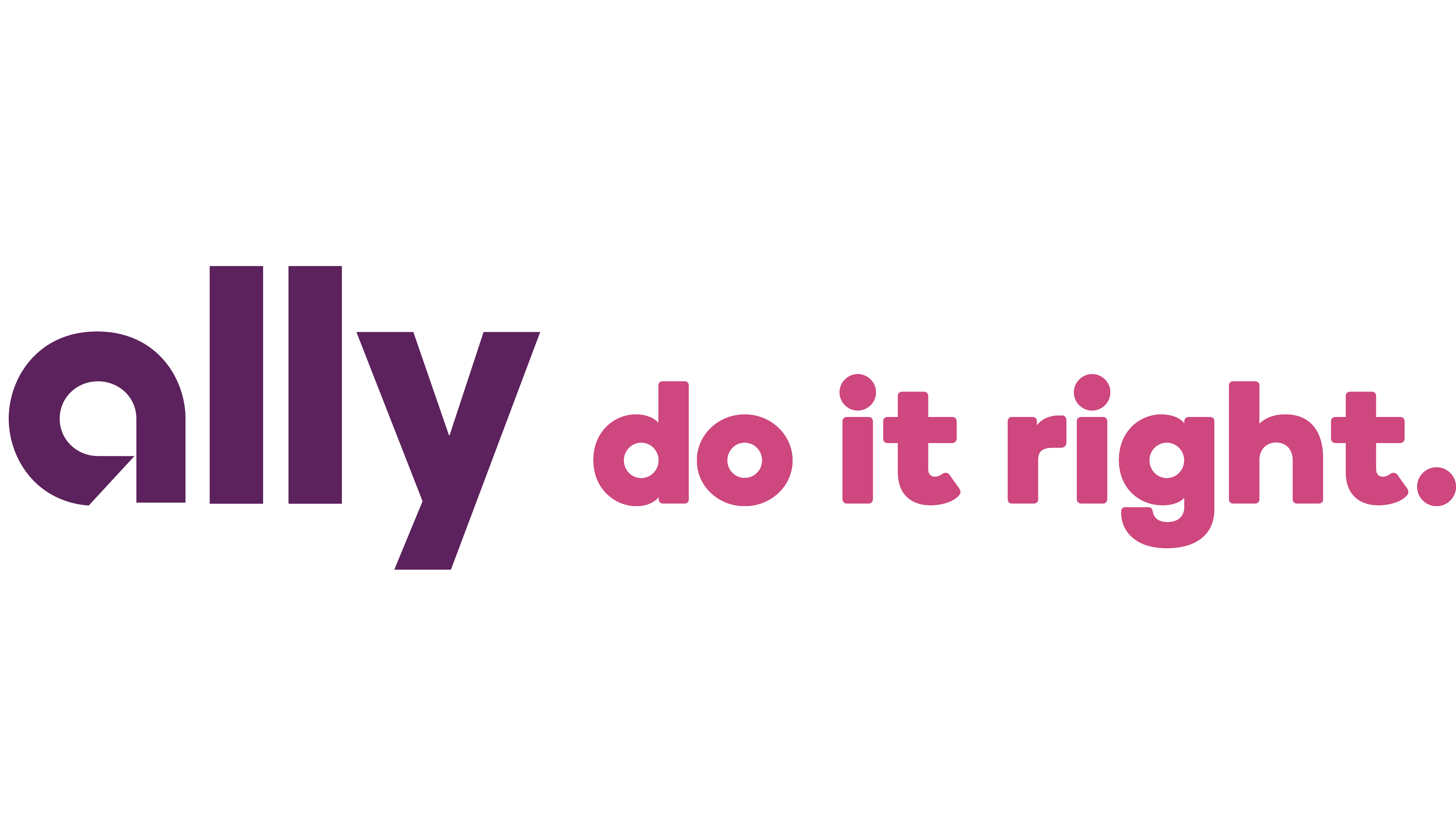Have you ever scrolled through your social media feed and seen a headline that just stops you in your tracks, maybe something about a celebrity and some unexpected information? It's a very common experience, isn't it? The internet, as we know, is a really big place, and news, well, it travels incredibly fast there, sometimes even before anyone can check if it's true. So, when terms like "ally lotti leaked" start popping up, it understandably sparks a lot of curiosity and, frankly, a bit of concern for many people who see it.
This kind of phrase often points to situations where someone's private information, perhaps photos or personal messages, might have been shared without their permission. It's a sensitive subject, to be sure, and it touches on some very important points about privacy in our modern world. People are, you know, naturally drawn to these kinds of stories, wanting to understand what happened and what it all means. It's almost like a natural human desire to know, isn't it?
This article aims to shed some light on the phenomenon of online rumors, specifically focusing on the kind of interest that surrounds phrases like "ally lotti leaked." We'll talk about the broader picture of digital privacy and why it matters so much, not just for public figures, but for everyone. We'll also, you know, think about how we can all be a bit more thoughtful about the information we come across online. It's a pretty important conversation, don't you think?
Table of Contents
- Who is Ally Lotti?
- The Internet and Rumors: A Look at "Ally Lotti Leaked"
- The Real Impact of Online Speculation
- Protecting Yourself in a Digital World
- Navigating Information Responsibly
- Frequently Asked Questions About Online Privacy and Rumors
Who is Ally Lotti?
Ally Lotti, whose full name is Alicia Lotti, is a person who gained public attention largely through her relationship with the late rapper Juice WRLD. She has, you know, quite a presence on social media platforms, where she often shares parts of her life, her thoughts, and her experiences with her followers. She's been a topic of conversation for many reasons, often related to her connection with the music world and her personal journey after Juice WRLD's passing.
People who follow her often find her content engaging, and she has built up a significant following over time. Her public life, like that of many who are somewhat in the public eye, means that she is often the subject of discussion, speculation, and, well, sometimes even rumors. It's a very real part of being a public figure in our current digital landscape, isn't it? She's, in a way, just one example of someone whose life intersects with the public's curiosity.
Personal Details and Bio Data of Ally Lotti
| Full Name | Alicia Lotti |
| Known As | Ally Lotti |
| Occupation | Social media personality, model |
| Nationality | American |
| Notable For | Relationship with rapper Juice WRLD |
| Social Media Presence | Active on platforms like Instagram and Twitter |
The Internet and Rumors: A Look at "Ally Lotti Leaked"
The phrase "ally lotti leaked" is one that, you know, pops up in search engines and on social media, much like similar phrases connected to other public figures. It usually suggests that private content, perhaps images or videos, belonging to Ally Lotti has been shared without her consent. These kinds of situations are, sadly, a recurring theme in the online world, and they really bring up some serious questions about personal privacy and how information spreads.
When such a term starts trending, it's often because a lot of people are searching for it, driven by curiosity or perhaps a desire to understand what's happening. The internet, you see, acts like a giant, very fast rumor mill, and once something gets out there, it's really hard to pull it back. This is why, you know, being careful about what we share and what we believe online is so important for everyone.
Why Do These Rumors Spread So Quickly?
There are a few reasons why rumors, especially those involving public figures, seem to spread like wildfire online. For one thing, people are, you know, naturally curious about the lives of others, especially those they admire or follow. This curiosity can sometimes lead them to search for information that might not be readily available or even true. It's just human nature, in a way, to be interested in what's going on.
Social media platforms also play a very big role, as they make it incredibly easy to share information, even unverified claims, with a large audience in an instant. A single post can, you know, reach thousands, even millions, of people in a very short amount of time. This speed, while great for sharing news, also means that false information can gain traction before anyone has a chance to fact-check it. It's a bit of a double-edged sword, isn't it?
Another factor is the way algorithms work on many platforms. They often, you know, prioritize content that generates a lot of engagement, like clicks, shares, and comments. Sensational or controversial topics, unfortunately, tend to get a lot of engagement, which means they are shown to more people, creating a sort of feedback loop. This can make it seem like a rumor is more widespread or legitimate than it actually is, so you know, it's worth keeping that in mind.
The Real Impact of Online Speculation
While online rumors and the curiosity they spark might seem harmless to some, they can have very serious and lasting effects on the people involved. For individuals like Ally Lotti, being the subject of such intense online speculation can be incredibly distressing. Their personal privacy is, you know, directly affected, and it can feel like their private life is suddenly put on display for everyone to see and comment on. This can be a really tough experience, wouldn't you agree?
Beyond the immediate distress, these kinds of situations can also lead to lasting damage to a person's reputation, their mental well-being, and even their safety. The internet, you see, never truly forgets, and once something is out there, even if it's proven false, it can be very hard to completely remove. This can, you know, follow someone for years, impacting their personal and professional life in ways we might not even consider at first glance.
It also sets a concerning precedent for everyone's privacy. When private content is shared without permission, it normalizes the idea that personal boundaries can be crossed online. This, you know, affects not just public figures but also ordinary people who might find themselves in similar situations, perhaps with a former partner or a disgruntled acquaintance. It's a very serious issue that, in a way, concerns us all.
Protecting Yourself in a Digital World
Given how easily information can spread and how quickly rumors can take hold, it's pretty important for all of us to think about how we can protect ourselves and others online. One of the first steps is to be really mindful of what we share ourselves. Every photo, every post, every piece of personal information we put out there, you know, has the potential to be seen by more people than we might expect, and perhaps used in ways we didn't intend.
Using strong, unique passwords for all your online accounts is also a very basic but very important step. Enabling two-factor authentication, where available, adds another layer of security, making it much harder for unauthorized people to get into your accounts. These simple steps can, you know, make a big difference in keeping your personal information safe from those who might try to access it without permission.
It's also a good idea to regularly review your privacy settings on social media and other online services. Many platforms, you know, offer options to control who sees your posts, who can tag you, and who can send you messages. Taking a few moments to adjust these settings can really help limit the visibility of your personal content and reduce the chances of it falling into the wrong hands. It's a bit like putting up a fence around your digital home, isn't it?
Thinking Critically About What You See Online
Beyond protecting our own information, it's also incredibly important to approach what we see online with a healthy dose of skepticism. When you come across a sensational headline or a shocking claim, especially something like "ally lotti leaked," the first thing to do is, you know, pause and think. Don't immediately assume it's true, no matter how convincing it might seem at first glance.
Try to look for credible sources. Does the information come from a reputable news organization, or is it just a random post on social media? Check if other trustworthy sources are reporting the same thing. Often, you know, if something seems too unbelievable to be true, it probably is. This kind of critical thinking is a very valuable skill in our current information environment, where so much content is out there.
Also, consider the potential harm that spreading unverified information can cause. Even if you're just sharing a post out of curiosity, you might be contributing to the spread of misinformation or, worse, participating in something that causes real distress to someone else. It's important to remember that there's a real person behind every online name, and their feelings and privacy matter a great deal. For instance, sometimes, you know, when a site says something like We would like to show you a description here but the site won’t allow us., it really makes you think about what kind of information is out there and why some things are kept from public view, doesn't it?
Navigating Information Responsibly
In our connected world, where information flows so freely, it's clear that phrases like "ally lotti leaked" are more than just trending topics; they're a reminder of the ongoing challenges related to privacy, truth, and responsibility online. We all, you know, have a part to play in creating a more respectful and safer digital space for everyone. It's about being aware of the impact our actions can have, both as creators and consumers of content.
Thinking before you click, before you share, and before you comment can make a very big difference. It's about recognizing that every piece of information has a source, and not all sources are equally reliable. By being more thoughtful about what we engage with and what we contribute to online, we can help slow the spread of rumors and protect the privacy of others, which is, you know, a pretty good thing to do.
Ultimately, the conversation around "ally lotti leaked" and similar topics should really encourage us to reflect on our own digital habits and consider how we can contribute to a more positive online environment. We can, for example, learn more about online safety on our site, and you might also want to link to this page about digital well-being to get more helpful tips. It's a continuous learning process, and every small step towards greater awareness helps everyone, really.
Frequently Asked Questions About Online Privacy and Rumors
What does "leaked" mean in the context of online content?
When something is described as "leaked" online, it typically means that private or confidential information, such as photos, videos, or documents, has been shared publicly without the permission of the person or people it belongs to. It often implies that the content was obtained or distributed in an unauthorized way, you know, against someone's wishes.
How can I tell if an online rumor is true or false?
It can be very challenging to tell if an online rumor is true, but there are some steps you can take. Always look for credible sources like established news organizations, and check if multiple reliable outlets are reporting the same information. Be wary of sensational headlines or content that seems designed to provoke a strong emotional reaction, as these are often, you know, signs of misinformation. If it seems too wild to be true, it probably is, so just be careful.
What should I do if I see someone's private content being shared without their consent?
If you come across private content that appears to be shared without consent, the best thing to do is not to share it further. You should also consider reporting the content to the platform where you saw it, as most social media sites have policies against non-consensual sharing of private material. It's important to remember that spreading such content can cause real harm to the person involved, and you know, nobody wants to be a part of that.



Detail Author:
- Name : Maud Swift
- Username : selina.feil
- Email : olga23@brown.com
- Birthdate : 2002-02-03
- Address : 74920 Schamberger Skyway Port Pablo, KY 10624-4325
- Phone : +1 (380) 244-9133
- Company : O'Hara-Mitchell
- Job : Industrial-Organizational Psychologist
- Bio : Sint deserunt iure nihil ipsum non asperiores optio. Perspiciatis voluptatem eum est nam aut et. Architecto aut dolore in vel iusto ducimus reiciendis. Aut maxime iure autem.
Socials
instagram:
- url : https://instagram.com/lrenner
- username : lrenner
- bio : Qui accusantium deleniti iure quis nemo. Corrupti et eius odio consectetur ratione.
- followers : 1509
- following : 1181
facebook:
- url : https://facebook.com/renner1976
- username : renner1976
- bio : Ut rerum et dolores similique necessitatibus.
- followers : 684
- following : 542